Arte para não ser vista
EXHIBITION “ARTE PARA NÃO SER VISTA” – 15 DECEMBER 2020
“Arte para não ser vista” is an exhibition of Ducha e Isabelle Arthuis, who both present works
that have resulted from their time with CAPACETE.
Isabelle Arthuis presents a new piece based on her long-term research on Parque do
Flamengo and her desire to highlight the concrete structure “Teatro para brincar” as a work
of art that in the near future will be revisited, restored and reactivated.
Ducha shows a model of a sustainable sailing boat, a first step of what may become a
vehicle for the transport of people and organic products over long distances. This new work
sits alongside earlier works and documentation of actions, trips and collaborations, many of
which reach back two decades, with stories by those who were there with Ducha at the time.
A new film, “Apocalypso” (2020) by Mariana Bley with Ducha, premieres online on the day of
the opening. “Apocalyspo” proposes a visionary idea of inverting the colonization process by
promoting a fair trade from Brazil to Europe.
The exhibition is the first instance of a historical review of CAPACETE that brings together
artists who have taken part in the residency over the last twenty-three years, in a changing
constellation that will combine Brazilian and foreign ex-residents.
The show is approached as a choreography: the idea is to set something in motion, in
collaboration with others – a way of working that CAPACETE has been practicing over the
years. The audience is invited to make their own reading of the works and the connections
that exist between the artists. The title of the exhibition comes from a recent comment by the
artist Jarbas Lopes about the work of Ducha.
For health safety reasons, the exhibition opens in the virtual realm. Visits to the space will be
soon be announced, including a conversation between Thiago Fernandes e Ducha.
Cureography: Helmut Batista with Tanja Baudoin
HYPERLINKS
• “Apocalypso” (2020), a film by Mariana Bley and Ducha:
• MAM-Rio Channel on YouTube, with
o Conversation between Isabelle Arthuis and Helmut Batista
o Conversation between Ducha and Helmut Batista
o Conversation between Tanja Baudoin and Helmut Batista
•Isabelle Arthuis, “Flamengo Park and Teatro para brincar”
• A conversation between cureographers: Helmut Batista e Tanja Baudoin
• Thiago Fernandes, “Clandestinidade e performatividade da imagem no “Cristo Vermelho” de Ducha” (PT)
MAM | CAPACETE Institutional Partnership
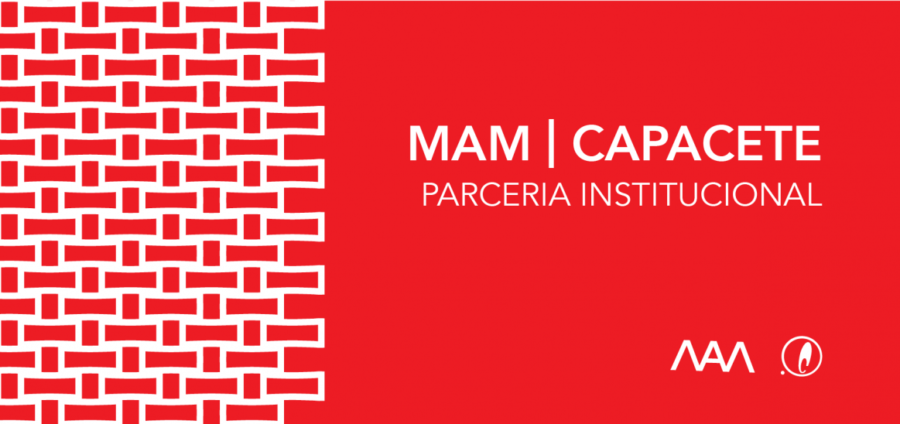
The Museum of Modern Art in Rio and the CAPACETE residency and artistic-cultural exchange program started an institutional partnership in March 2020, when the project to transfer part of CAPACETE’s activities to the museum began to be developed. Initially designed to take place in the museum’s physical space, at its headquarters in Parque do Flamengo, the project had to undergo adaptations in order to be able to start in virtual spaces while the quarantine resulting from the Covid-19 pandemic lasts. The partnership between CAPACETE and MAM is leveraged by the PetraGold Group’s sponsorship of MAM.
The partnership is part of the broader project of MAM to restore education to a central role in the institution, defined early as a school museum. The goal is to reopen the School Block, the pavilion dedicated to teaching and artistic practice, which was the first building to be construct at the museum’s final headquarters.
The purpose of the MAM partnership | CAPACETE is to develop artistic residencies, to foment research, international exchanges and carry out public programming of dialogues and other activities in the museum space. The partnership is expected to last two years.
“The MAM partnership | CAPACETE brings the opportunity to open the museum for a new interaction with cultural projects of great relevance on the national and international scene ”, says the executive director of MAM, Fabio Szwarcwald. “MAM is supporting the processes that support the theory-practice of art, seeking reflection. MAM allows itself to be a more organic institution, more connected with society ”.
Created in 1998 by the artist Helmut Batista, in the city of Rio de Janeiro, CAPACETE is the oldest and most structured program of artistic and cultural exchange and residency in Brazil. Headquartered in the neighborhood of Glória, next to the center of Rio, CAPACETE makes public presentations in various models, training for professionals (CAPACETE School) and for children (Small Laboratory), open courses, experimental cuisine, library, collection and publications. More than 450 professionals from different countries have already gone through the program.
“CAPACETE really has a very strong international tradition and trust and many international partnerships that can help to leverage a specific program within MAM. I think Fabio Szwarcwald knew how to understand this and wants to join forces to make a bigger program ”, says Helmut Batista. “We always considered that CAPACETE’s performance should be in your region. MAM is within our reach. The School Block was the flagship of its time – it belonged to the School of Visual Arts of Parque Lage – it is there hibernating and now it will go through a transformation ”, says Helmut. “The invitation came in very handy in the process that CAPACETE had been going through: a transformation phase, with Camilla Rocha Campos at the helm, CAPACETE becoming less and less my person. This is a desired, provoked and encouraged process. ”
“Despite its longevity, CAPACETE is a small program, which operates in a very restricted field. The visibility that MAM can give to CAPACETE is also incredible, we will be able to insert ourselves more in the Brazilian context. The programs that we designed for MAM are basically what we have always done: residences in the format of seminars, ”says Helmut.
“We have around 20 to 25 residents each year from different countries; we offer programs of 3, 6 and 12 months in duration ”, says Camilla Rocha Campos, artistic director of CAPACETE. “Our 1-year program is the backbone of our activities. We act as a center of thought where seminars, public speeches, workshops, personalized visits, study trips and experimental art projects take place. The MAM partnership | CAPACETE will be an exercise in cohabitation and respect between a Brazilian historical organization and an independent (historical) space. CAPACETE brings dialogue on new strategies on how to create partnerships that work with less bureaucratic, community structures, and aims to support research and artistic practices that dialogue critically and beyond the mainstream art system ”.
Through continuous activities, CAPACETE’s mission is to create situations and develop strategies that provide concrete and real alternatives to the shifting field of art. The updates and residency programs already carried out were designed to reflect the interdisciplinary character of contemporary ethical-aesthetic practices and promote efforts that articulate the theoretical world with artistic presentations in different formats and dynamics, and for different audiences.
MAM | CAPACETE Team
Fabio Szwarcwald, Lucimara Letelier, Helmut Batista, Camilla Rocha Campos, Luis Marcelo Mendes, Fernanda Lopes e Márion Strecker.
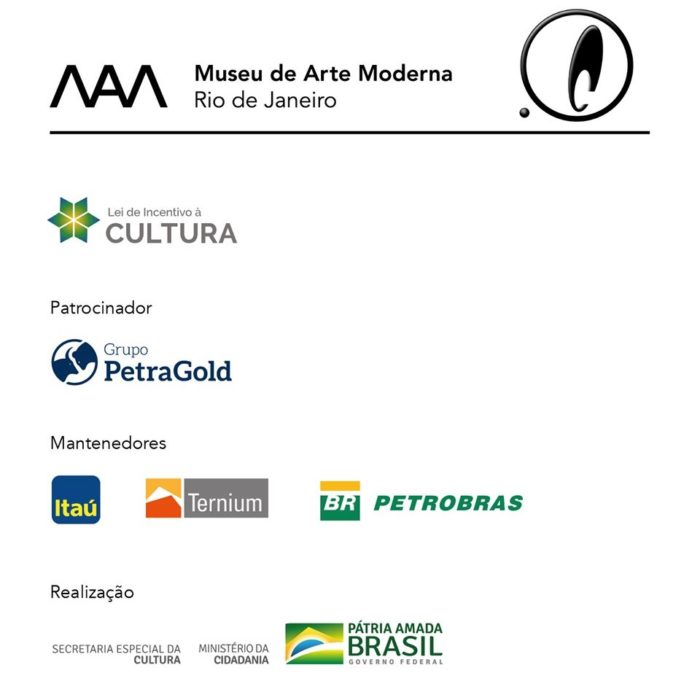
Summer Teas >> Nacional Trovoa
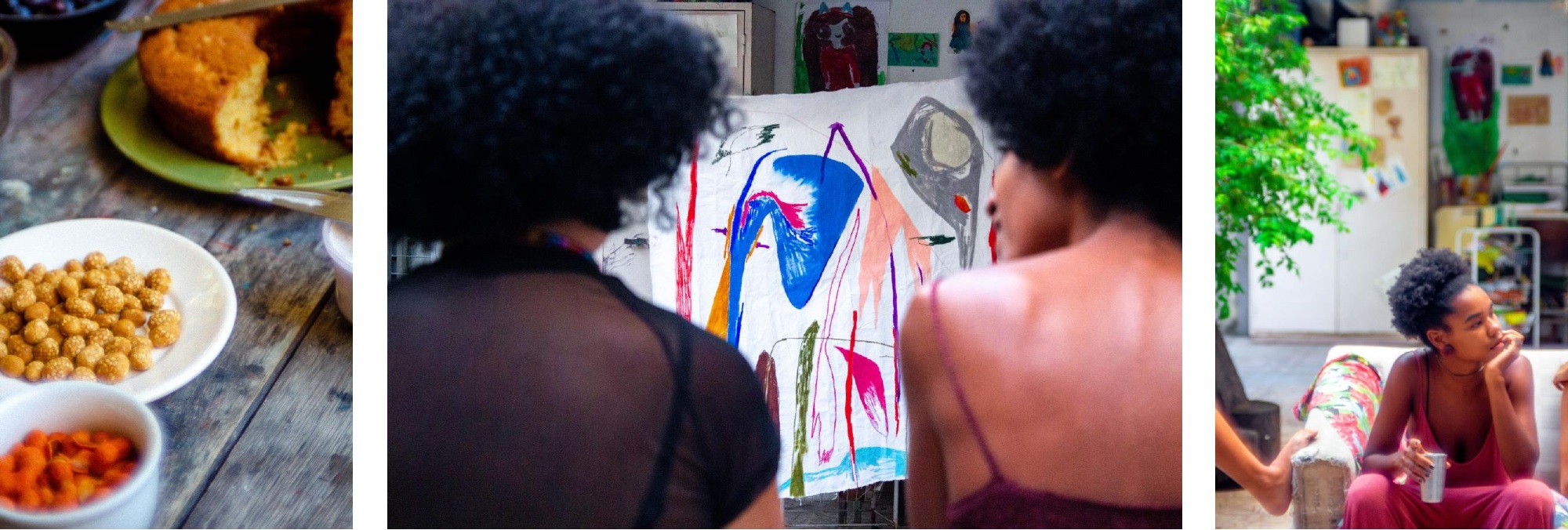
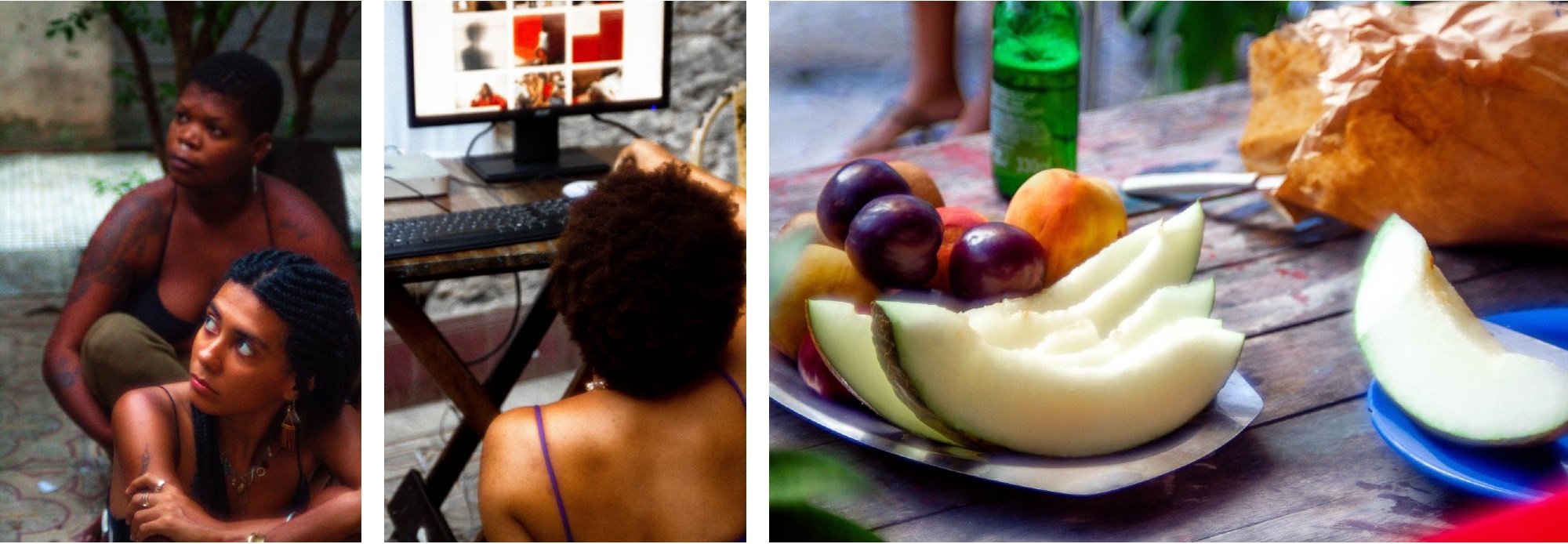
Summer Teas – Collective reviews ///
Summer Teas Trovoa happens this season at Capacete, with format aimed to talks dedicated to reviewing critically the artwork of each other, so we can together evolve in our poetics and languages. The proposal is the exchange as the discourse construction about our researches, being comfortable for everyone in a collective way. Thus, we invite all racialized artists that feel at ease to brig a artwork (original, printed or digital form) to share and talk about art without white or masculine interferences ✨ while we eat and drink our tea ???
“The idea for National Trovoa had your beggining in march of 2019 with four artists, racialized women, each one of them reflecting about the presence of their bodies in the world. Black or non-white women, all of them involved with construction of art. They come from a movement that draws attention for the lack of visibility, space, remuneration, in other words, for the context of artist racialized women.
The discussion has grown and resulted in a collective as space of possible exchange, as the project’s manifesto says: “We are a group of artists and curators that got together with the intention of making a national visual arts exhibition produced by black and non-white women. We realized the need to talk and show our plurality of languages, discourses, researches and medias produced by us as racialized women”.”
(Free translation of fragment from text by Keyna Eleison, independent curator and member of National Trovoa, published originally in portuguese in http://amlatina.contemporaryand.com/pt/editorial/projeto-trovoa/)
Photographies by Loli Brito. @ondadouro
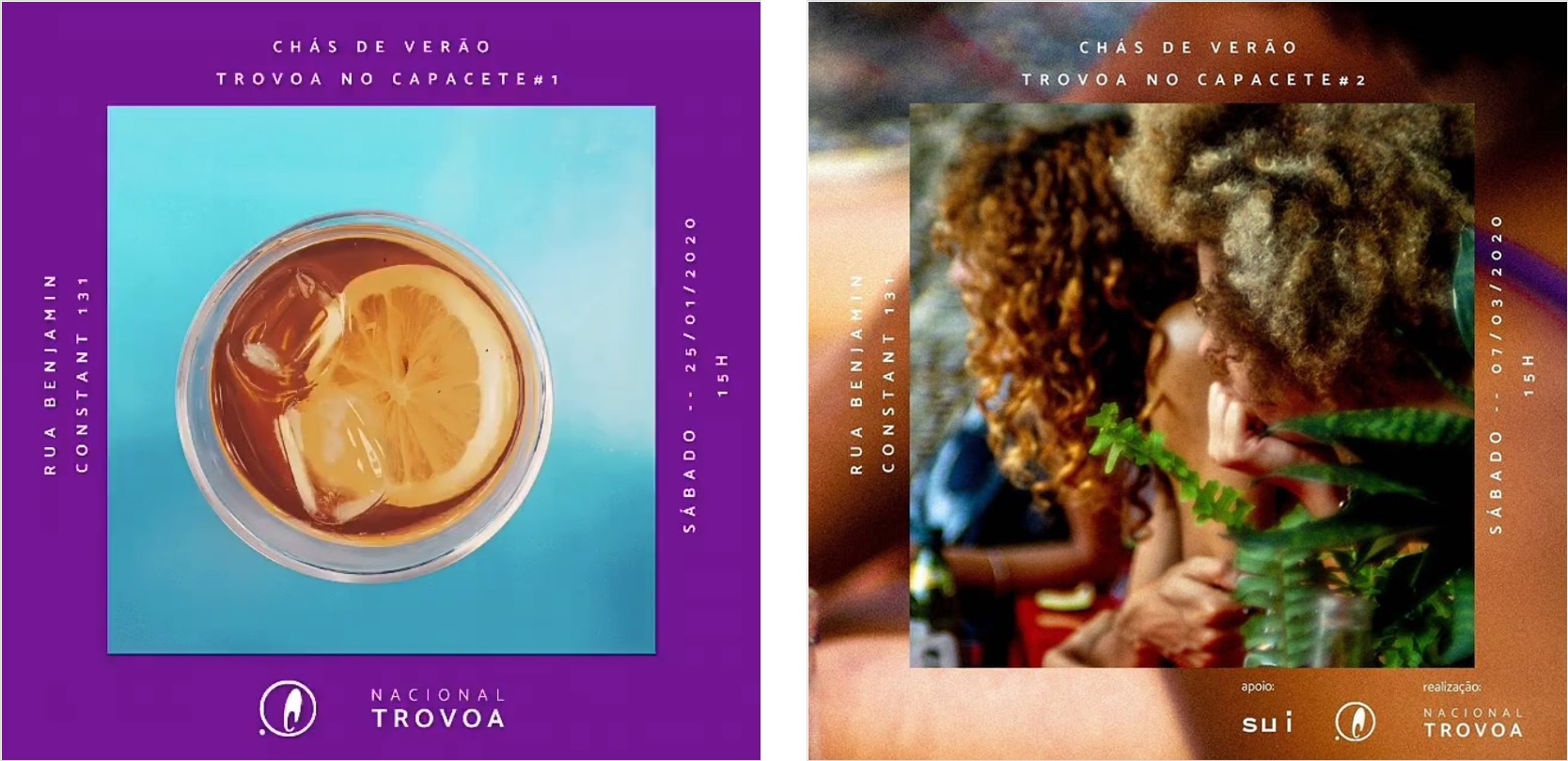
support: @sui

